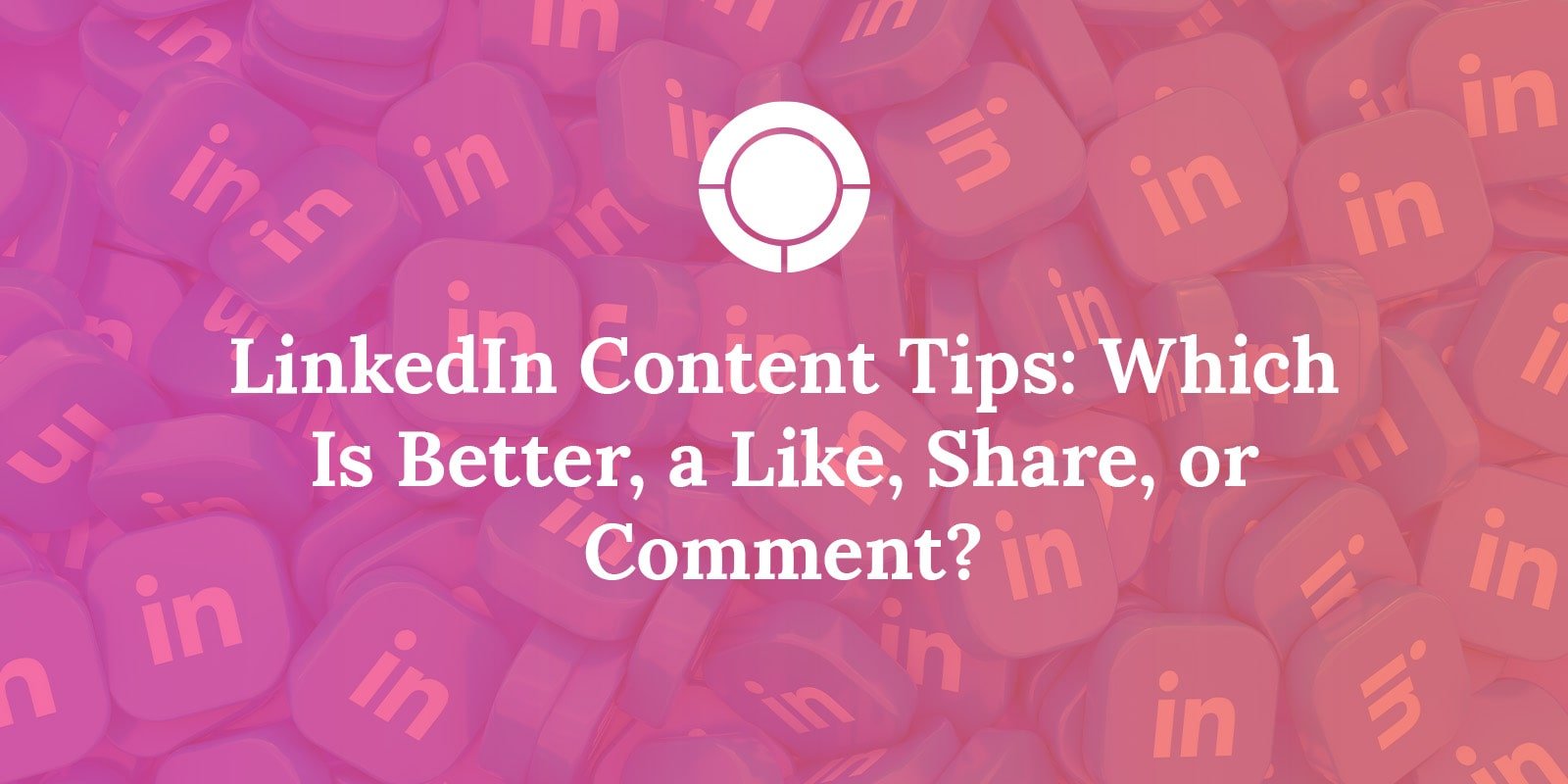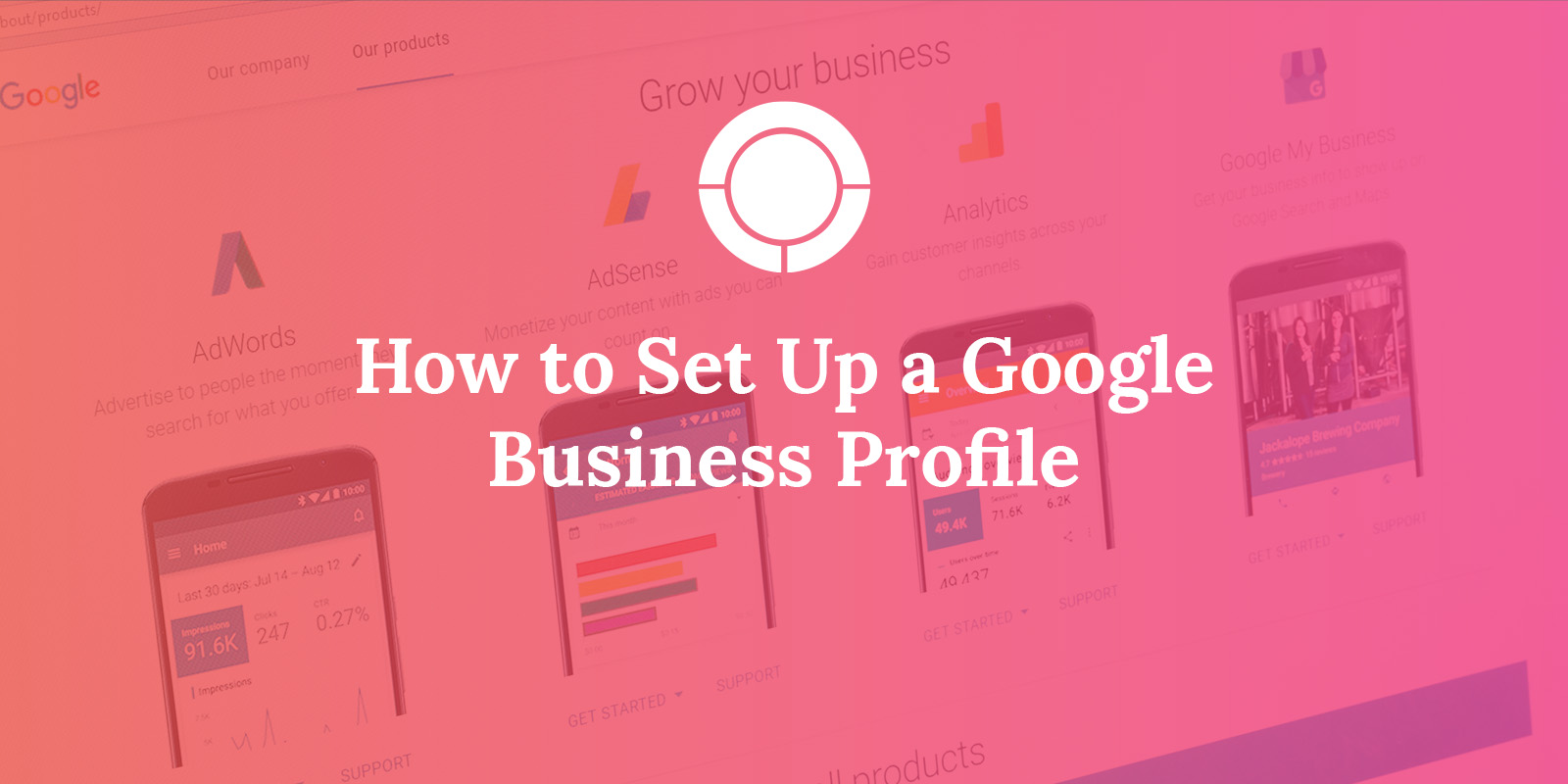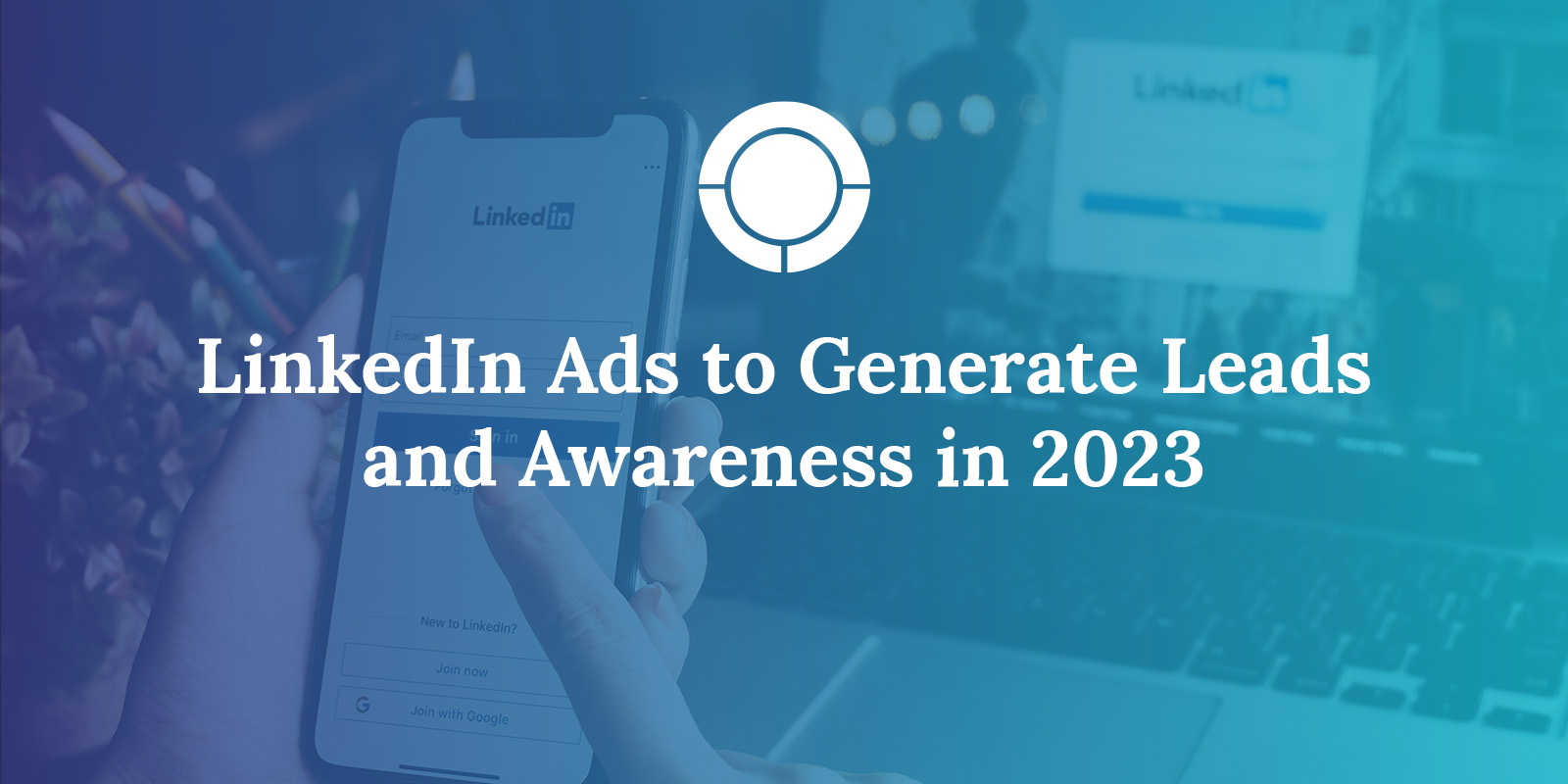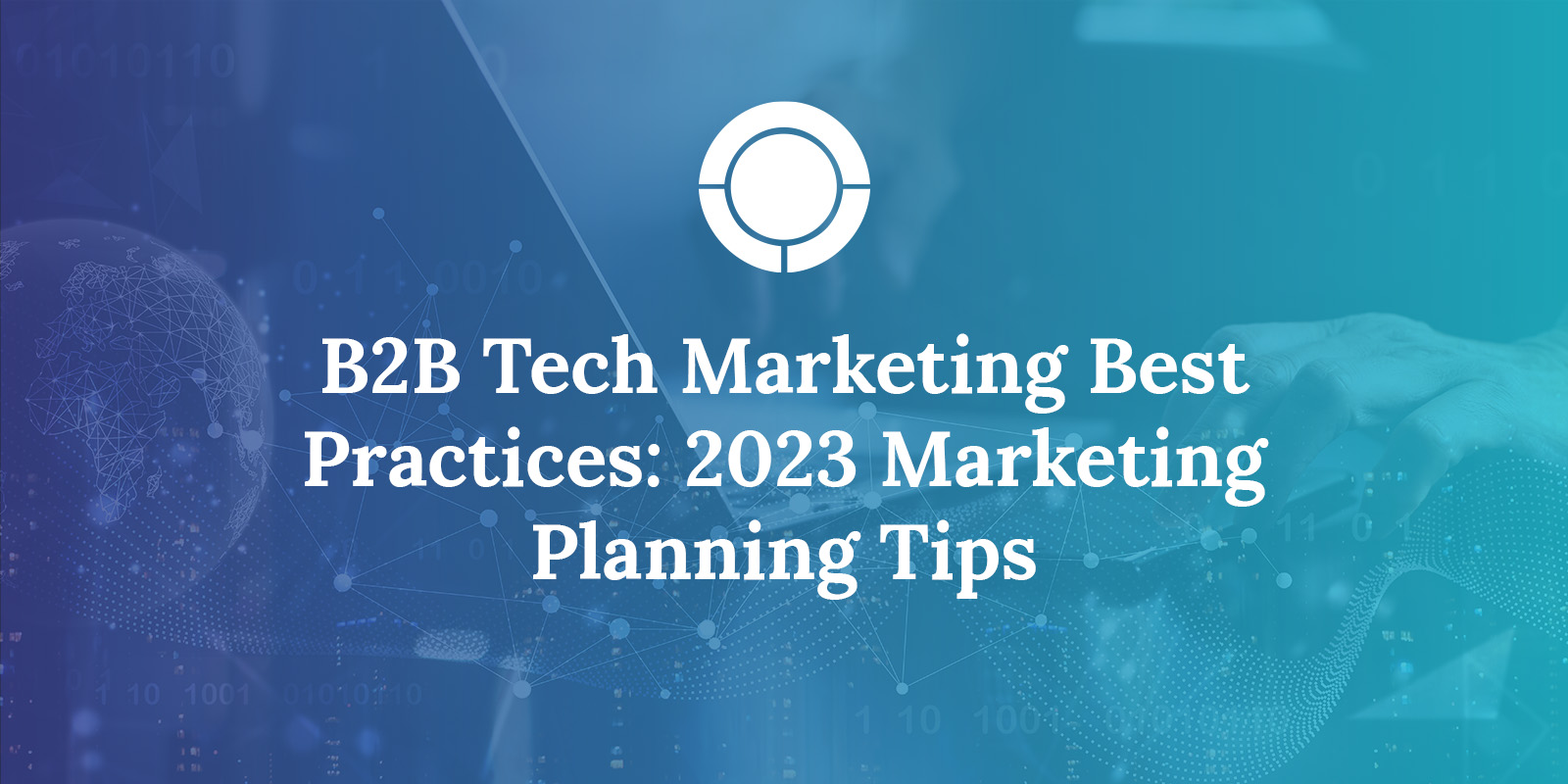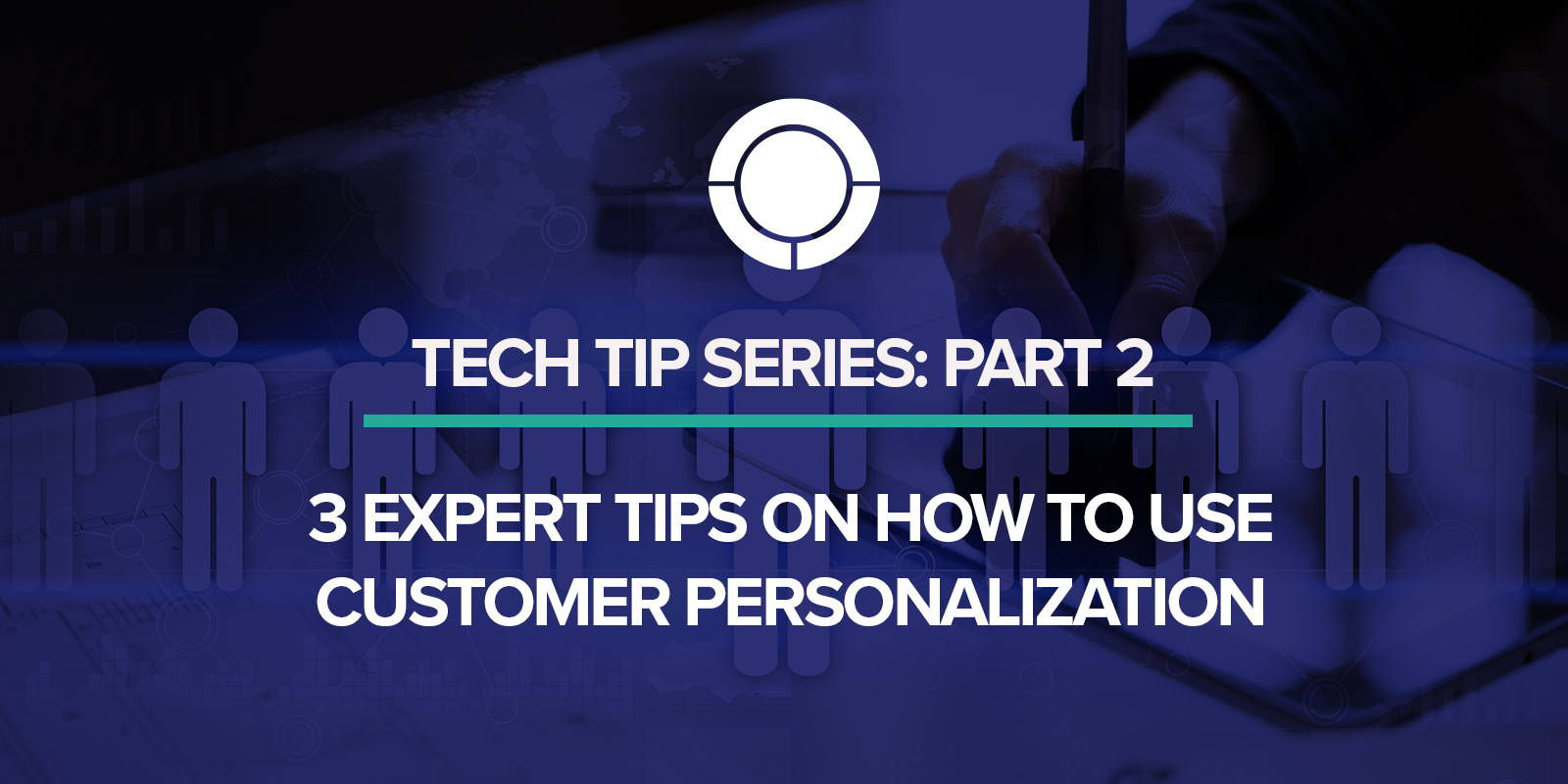Join TSL's VP of Marketing Ryan Nicholson as he discusses digital marketing best practices.
In this first video of the series, he will be talking about preparing for digital advertising and helpful tips to consider when optimizing your site or a page.
You can find other helpful videos on our resources page here.
We hope you enjoy the 1st video in our Digital Marketing Best Practices series!
A revised transcript is provided below:
Hey folks this is Ryan Nicholson with TSL marketing. This is the first video in our series about digital marketing best practices. We're going to be talking about search engine optimization, we're going to be talking about content and offer creation, and we're also going to be talking about some paid advertising.
So, we're going to go into best practices that organizations should use when they're building out their websites, when they're building out content or offers for their websites, and when they're looking to try to promote content and offers on their websites through paid advertising channels like Google AdWords, Google Display, and places like LinkedIn.
Getting Ready For Digital Advertising
A healthy website - Page load times
So, what do you need to do to make sure that your website is ready for digital advertising? You need a healthy website. This means you have a website that's fast loading.
PageSpeed is super-important.
Folks who come to your page, if it's slow loading [the webpage page], that you've paid for that click, they come to your advertising and they land on your landing page and they get a slow loading page, they will abandon that page.
So, you paid for that click, but that person never actually lands on your page. It's just really important to be aware that the page load time is really critical because you're going to pay for a lot of traffic that's going to bounce away from your site, if your site isn't fast loading.
The mobile experience - Responsiveness
Also, think about the mobile user experience and this isn't just having a site that renders in the right size screen. But, it's thinking about aspects of how that page loads for a mobile user, that are different from the desktop user.
A mistake that I routinely see is a page that will say "fill out the form to the right to download our whitepaper" and in a mobile device that form may be under that copy, or it may be above that copy; because of how it's rendered (check to make sure copy reflects your layout). Also, if you do have forms, consider you know - do give them the same amount of form fields on a desktop landing page as you do a mobile landing page? You may consider reducing down the number of fields required for the mobile version of your site.
Then, it's also going to be really important to make sure that your pages are in alignment with the reason that someone is clicking through to the page. So you want to see symmetry through copy and symmetry through the images that are in your advertising.
Search advertising perspective - Keywords & Queries
This is especially important if you think about it from a search advertising perspective. So, you've paid for certain keywords and you learn to send traffic to the to your landing pages, based on someone using those keywords in their queries. Well if they get to those pages and you don't have those words or phrases in the page, you're not delivering up the best experience.
We certainly say to folks, you know think about your website from an SEO perspective. Many of the same rules that govern what makes your page preferred by Google in search are there in search advertising as well, and so that's going to affect your quality score (which could make the cost increase). Google will certainly send people to a page that is less than ideal as far as its relevancy to the query, but you're going to pay more.
So, how does Google understand what's on the page? They're going to look at things like the page title, they're going to look at the copy on the page, they're going to look at the header structure on the page, to start to get understanding of what the page is about. So, is this page relevant to the query?
These are important factors to think about whenever you are going to drive paid traffic to a page - you want to provide that user with a good experience. In addition to that, are your pages easily to navigate? Are your pages scannable? Can I quickly, coming from an ad, scan through your page and know exactly what it's about and what I'm going to get from you? So lets say, if I fill out a form.
SSL (TLS) - Secure your website
We're also encouraging folks to secure their sites because if you haven't noticed, sites that don't have SSL (now called TLS), they don't have that lock in the tops corner by the URL. Google, especially if you have a Chrome browser, is now giving a message that says submitting information on these pages may not be secure. So, we're really encouraging folks to secure their websites as well, if you are capturing any kind of customer information.
Start looking at your site today with a free TSL audit report via email and see if there is anything you should be concerned about or can improve. We will email you the full report free!
